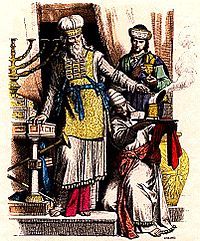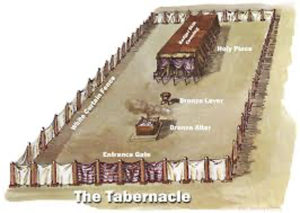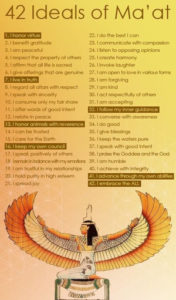Human sacrifice and dietary laws in the ancient world
The text boringly reports yet again the various categories and performances of sacrifice. This is followed by the puzzling episode of sudden fiery death of two of Aaron’s ordained sons, Nadab and Abihu, for having offered ‘alien fire’ on the altar. Moses orders Aaron to be quiet over this, and soon he proceeds to chastise the two surviving sons of Aaron, over a trivial error of not eating a sin offering in the prescribed area. Lastly the text lays out the dietary laws. I have chosen two passages, from which I sought internet sources for pagan comparison of them. [Irv Jacobs, M.D.]
Human sacrifice and dietary laws in the ancient world Read More »
Irv Jacobs, MD, Jewish Religion




